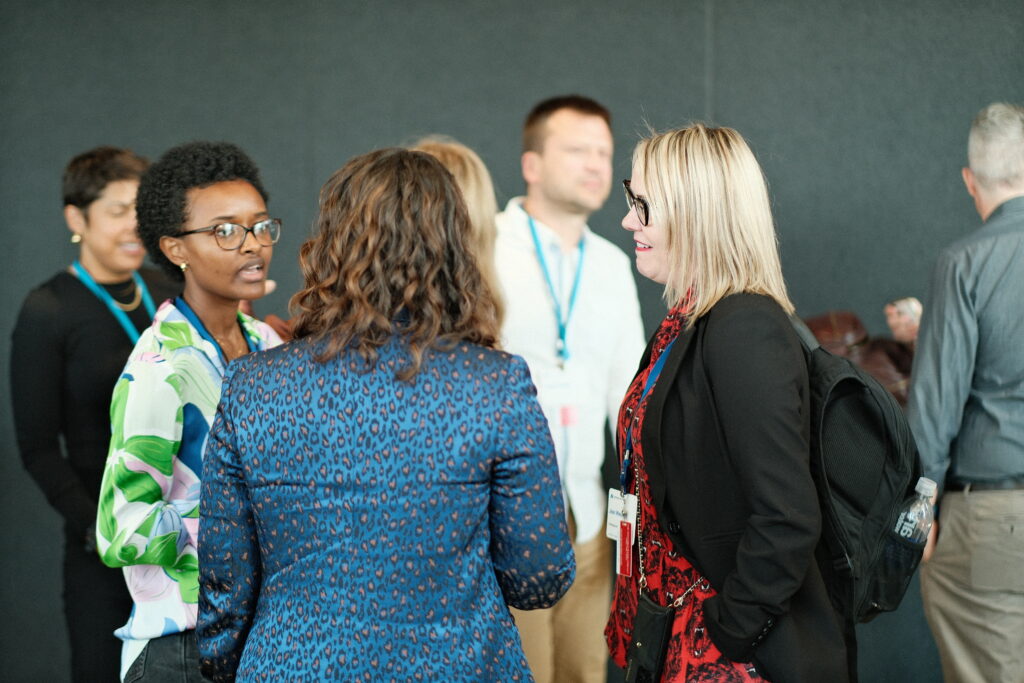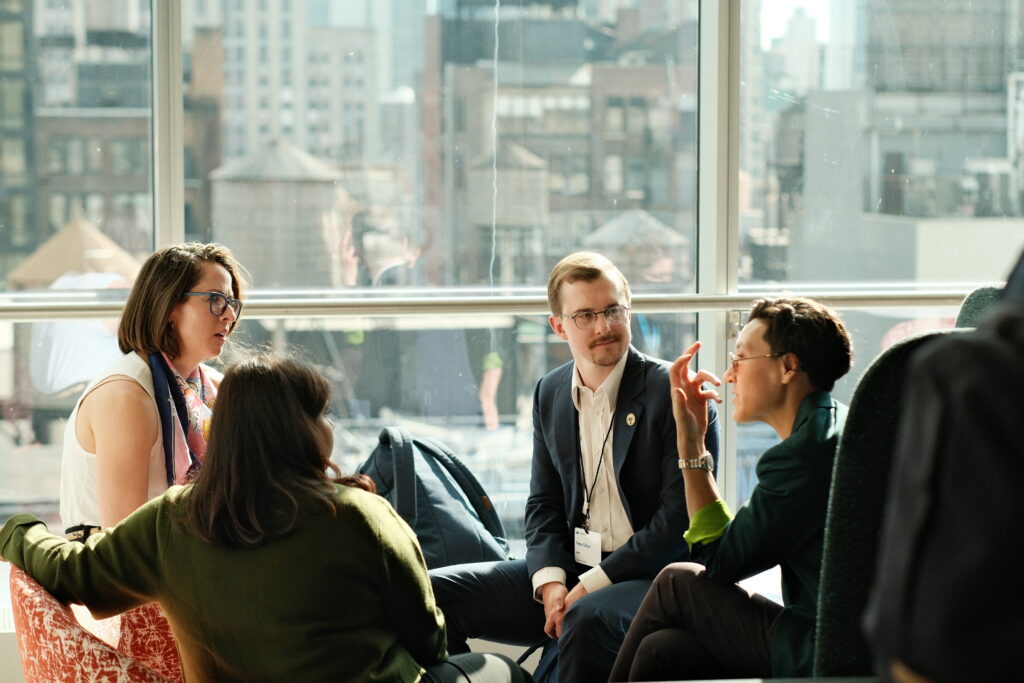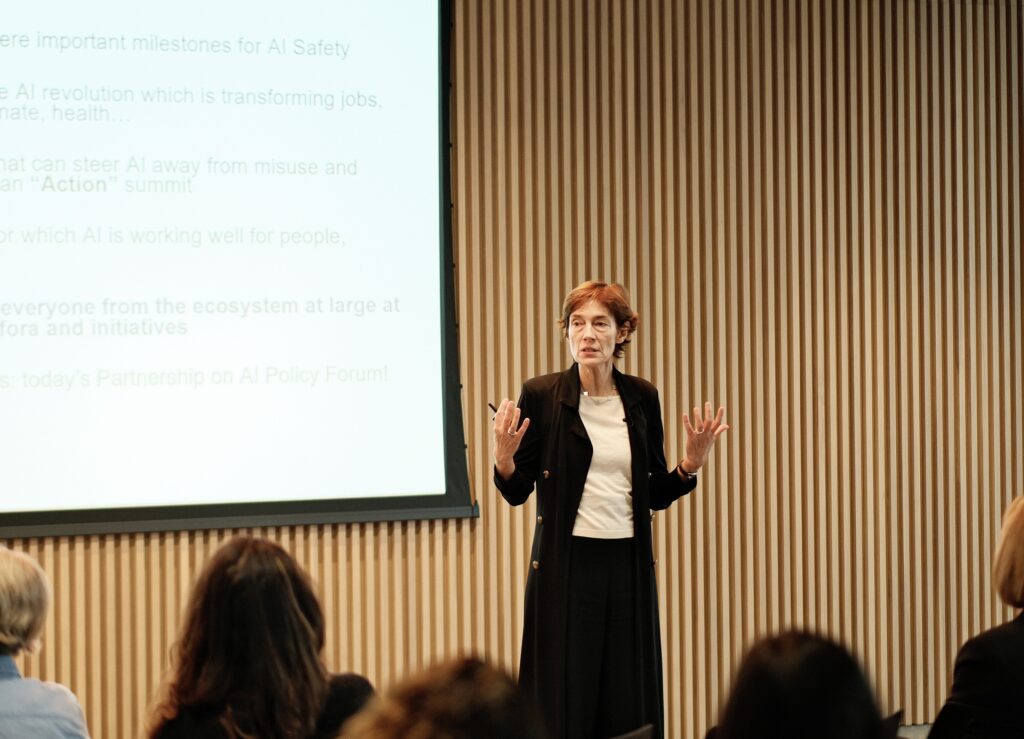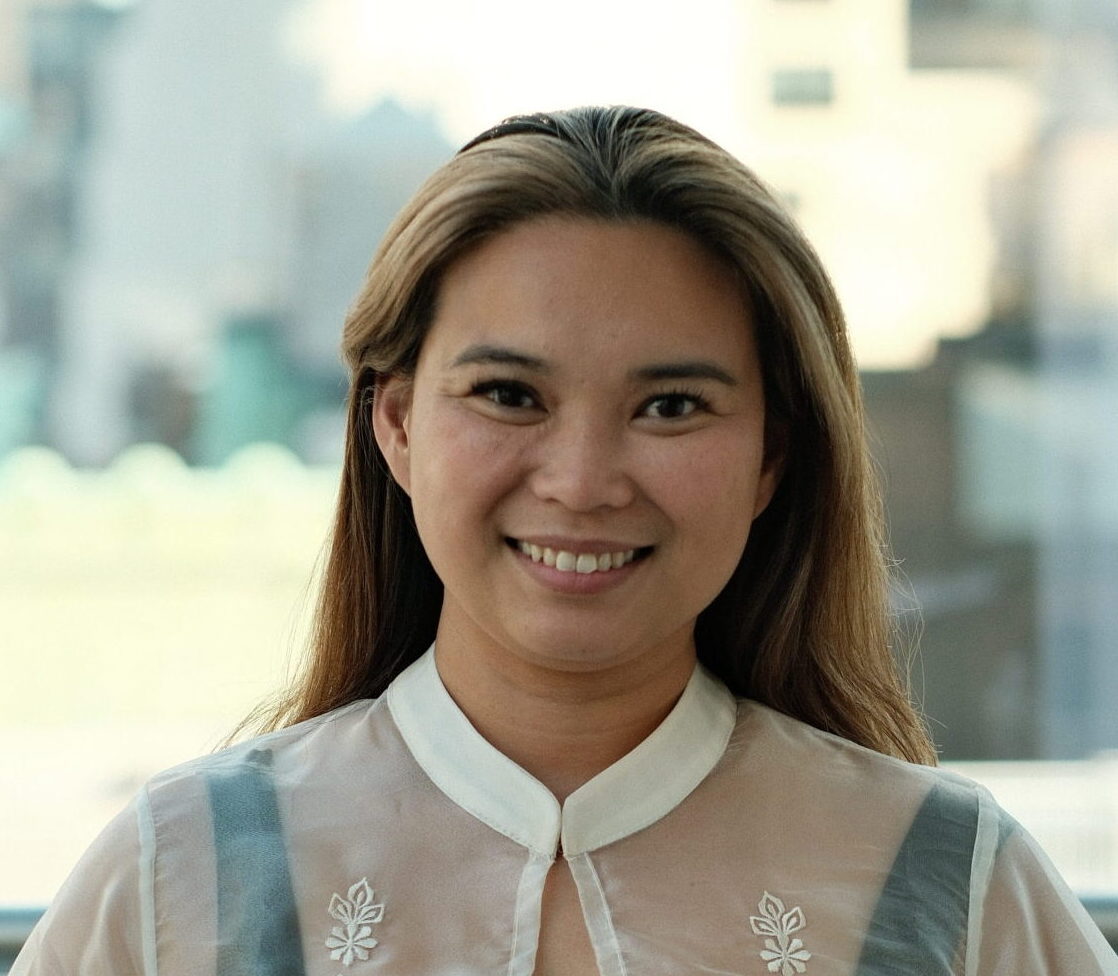PAI, the UN, and Global AI Governance: Aligning Policies for People and Society
![$hero_image['alt']](https://partnershiponai.org/wp-content/uploads/2024/09/DSCF3689-scaled.jpg)
Late September in New York City brings fall weather, apple cider doughnuts, and a legion of global leaders for the UN General Assembly and New York Climate Week. This year also brought representatives from the diverse AI ecosystem as Partnership on AI hosted its AI Policy Forum and the UN hosted the Summit of the Future. Across these events, a common theme emerged: Now is a critical time to align on AI governance for the benefit of humanity.
In the year since the UK AI Safety Summit and the Bletchley Declaration in which 28 countries and the European Union committed to global cooperation on AI safety, we have seen a flurry of AI policy activity. Around the globe, AI Safety Institutes have been established, multilateral bodies like the OECD and G7 have developed AI governance frameworks, and the EU AI Act has entered into force.
Partnership on AI has collaborated closely with several policy bodies at the international and national levels to share expertise, including for managing risk from foundation models and synthetic media, based on guidance co-created with the multistakeholder PAI Partner community.
The question that now faces the AI ecosystem–from the UN to the companies developing AI to the research community–is: How do these AI governance efforts align with one another? And will they translate to safe, responsible AI that benefits people and society?


Policy Forum attendees networking
Global AI Action, International Cooperation, and Policy Alignment
With more people than ever interacting with, using, and being affected by AI systems, policymakers around the globe are taking steps to identify and mitigate risks. And yet with so many varying frameworks being developed, we risk creating a fragmented policy landscape for a technology that knows no borders.
At PAI’s AI Policy Forum, UNESCO Assistant Director-General Gabriela Ramos and UN Tech Envoy Special Advisor Renata Dwan stressed the importance of international cooperation and policy alignment during the Keynote Conversation with PAI CEO Rebecca Finlay. Dwan’s remarks foreshadowed the contents of the UN Global Digital Compact, which 193 member states adopted just days following the AI Policy Forum at the Summit of the Future.
UN Secretary-General Antonio Guterres described the Compact as “based on the principle that technology should benefit everyone. It includes the first truly universal agreement on the international governance of artificial intelligence. It commits governments to establishing an independent International Scientific Panel on AI and initiating a global dialogue on its governance within the United Nations.”
The Compact reflects the calls for both global governance and policy interoperability we heard from many speakers at the AI Policy Forum. Interoperability has been a priority for PAI, Stephanie Ifayemi, PAI’s Head of Policy, noted in a panel discussion. With the support of its cross-sectoral Policy Steering Committee, PAI has investigated the interoperability of eight leading policy frameworks and will be releasing its findings and recommendations in the coming weeks.
Prioritizing People and Society in the Age of AI
While this step towards AI governance at a global level is significant in itself, the conversations throughout the AI Policy Forum stressed the need for all policies and frameworks to meaningfully address the needs of people and society. This, too, was reflected in the Global Digital Compact with its commitment to “govern artificial intelligence in the public interest,” noting AI’s potential in accelerating progress to achieve the Sustainable Development Goals.
In her Lightning Talk at the AI Policy Forum, AI Now Co-Executive Director Amba Kak focused on AI policy in the public interest. She called for a shift in approach to the AI conversation, emphasizing that the discussion should not be about “public interest having a seat at the AI table,” but looking at it as a public interest table and identifying where AI fits.
Both the AI Policy Forum and the Global Digital Compact acknowledge the potential for AI to contribute to economic development, while simultaneously noting the need to protect workers. In a Fireside Chat at the AI Policy Forum, former US Ambassador to the OECD Karen Kornbluh and PAI CEO Rebecca Finlay discussed the ethical considerations around AI’s impact on the workforce and the need for policy frameworks that prioritize worker protections and fair economic opportunities.
Continuing Momentum to the AI Action Summit
The adoption of the Global Digital Compact this week is a significant step forward on the road of global AI governance and addressing the issues discussed at the AI Policy Forum. In February 2025, the global community has another opportunity for international cooperation and importantly, action in pursuit of a more just, equitable, and prosperous AI future: the AI Action Summit in France.

Anne Bouverot delivering the closing keynote at PAI’s 2024 Policy Forum
Anne Bouverot, France’s Special Envoy on AI, delivered the closing keynote at the AI Policy Forum–which was a designated ‘Road to the Summit’ event. The French Summit will have a broader scope than the 2023 UK Summit and the 2024 Seoul Summit. The French Summit will have five themes: Global AI Governance, Public Interest AI, Future of Work, Trust in AI, and Innovation & Culture.
The key idea though is action.
Bouverot emphasized the Summit goal is for participants to take, catalyze or scale concrete actions that can steer AI away from misuse and abuse and towards opportunities and benefits. A goal that surely resonates with the AI Policy Forum attendees, the PAI community, and as we saw from the adoption of the Global Digital Compact, all members of the United Nations. To stay up to date on our work in this space sign up for our newsletter.


